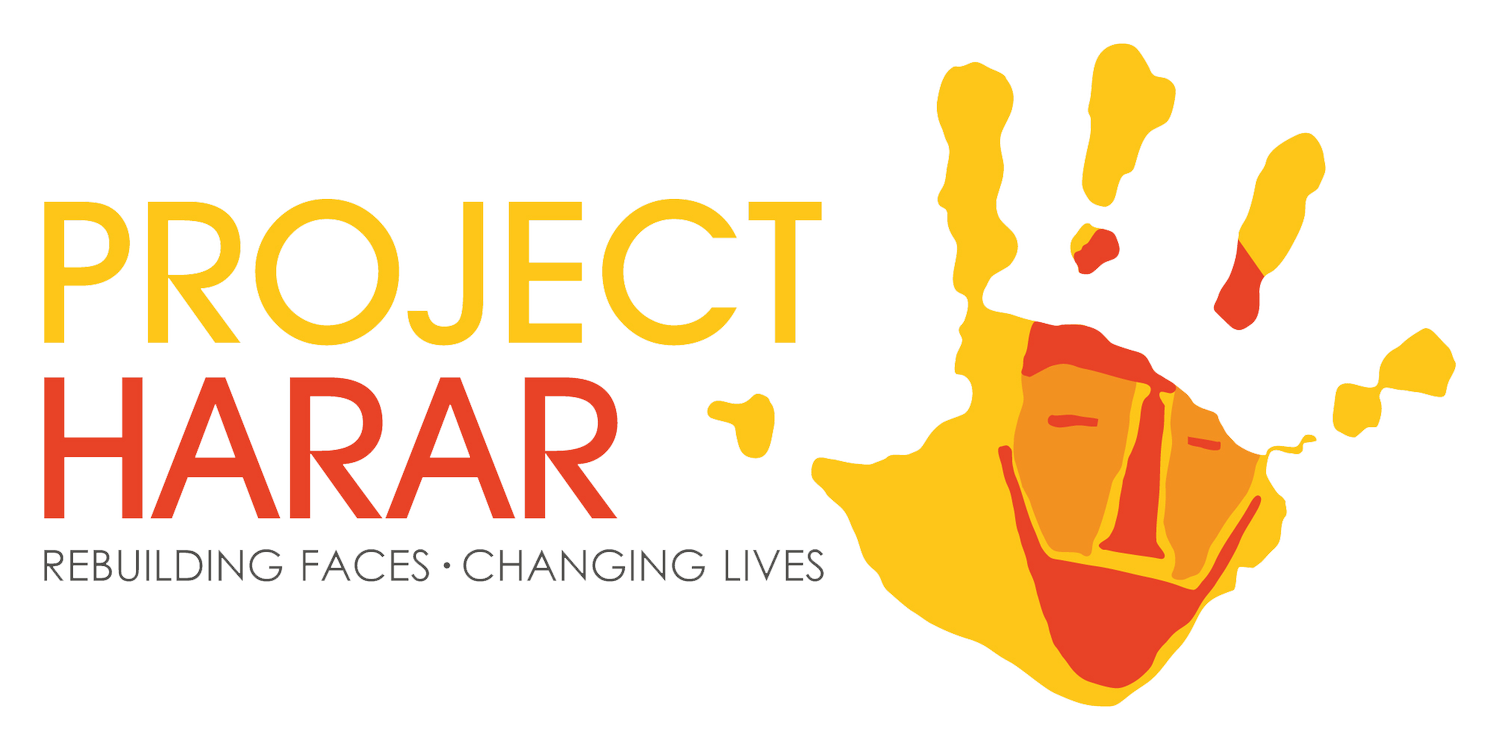Vinod Patel - International lecture series spotlight
April 2021
Vinod Patel currently works as a consultant at Guys & St Thomas' NHS Foundation Trust and is service lead for dental services in oncology and leads the Bone & Jaw Necrosis Clinic. As well as this Vinny regular volunteers his time to Project Harar on our Board of Trustees and during our complex surgical programmes.
As part of our international webinar series, which is in collaboration with UCL and Yekatit-12 Medical College, Addis Ababa, Vinny will be presenting a webinar on Alternative Management of Odontogenic Lesions in the Mandible and Maxilla, we caught up with him to learn more about his involvement with previous Project Harar teaching programmes and to hear about his webinar in the series. Click here to read more about the lecture programme and how to get involved.
How have you been involved in Project Harar and Yekatit-12s teaching programmes in the past?
I currently volunteer with Project Harar and have been invited by the organising committee to provide teaching in the past. One of the remits of the charity is to work collaboratively with the Ethiopian surgeons so that there is flow of information both ways so everyone is learning all the time. To formalise this, we all started to do lectures on surgical subjects so we could see how various surgical specialities globally treat cases which inevitable leads to an academic debate and patient care improvement. The feedback from everyone has been positive and so that peer-peer learning has continued. With the pandemic meaning we cannot physically meet we have gone digital allowing us to expand this learning to an online platform.
Could you give us a quick summary of your webinar?
The lecture is about looking at alternative way to manage benign odontogenic disease such as tumours. Some of these conditions are uncommon or rare. Traditionally surgery has always been the approach. However, there is a suggestion that in some cases the surgery can be much smaller or alternatively medicines can be used to treat these conditions either alone or in conjunction with surgery. The aim of webinar is to show selective cases where such an approach may work and allow for an academic debate and dialogue on the subject.
What do you think are the main advantages of having this lecture series delivered remotely?
The biggest advantage is it allows a large array of individuals interested in a subject to attend via remote access and contribute, share ideas and experiences. This means international colleagues are able to join which may not alway have been possible hence leading to expansion of the learning experience.



